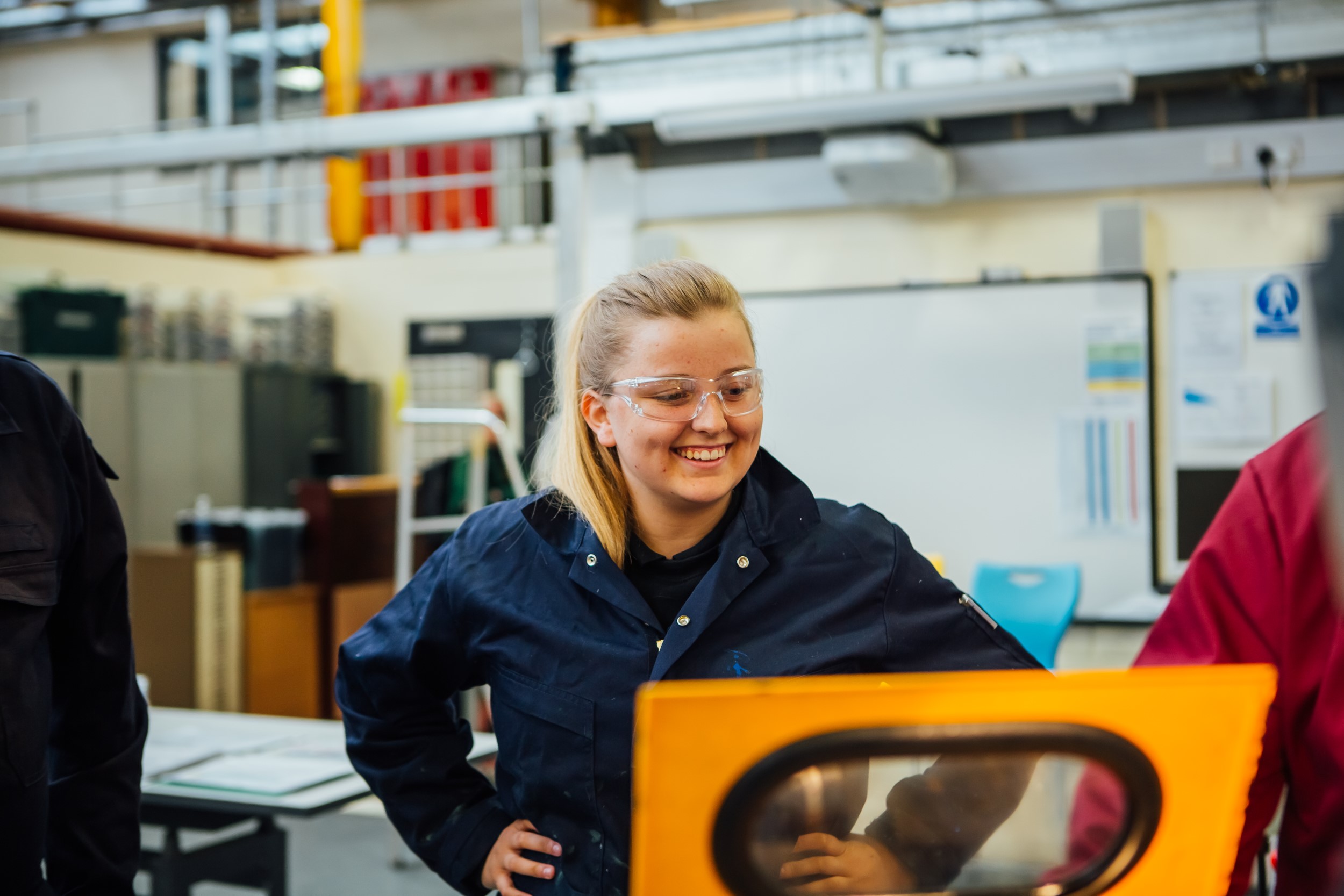Pat Abel, corporate finance partner at Hart Shaw
Hart Shaw’s Pat says businesses must reimagine themselves post lockdown
As I write this, it is a gorgeous sunny afternoon in Sheffield and I’ve just returned from my daily walk, in an attempt to keep mind and body reasonably healthy and prevent ‘cabin fever’ – a phrase that crops up in my regular Zoom / Teams virtual meetings.
What is apparent with the Government relaxing lockdown rules – people can now meet five non-family members outside as long as they remain 2 metres apart and there’s increased traffic – is more businesses are re-opening, particularly those in non-essential retail, while office workers are largely still working from home. So, what will happen in the ‘post lockdown world’ from a business perspective?
It is clear the ‘new normal’ will not be normal at all, as we try to increase our social interaction while social distancing. This is will be an enormous challenge particularly for those in the leisure and hospitality sectors and as diverse as bars, restaurants, cinemas, theatres, gyms, sport centres, swimming pools, airlines, airports, hotels, cruise and travel operators, football and rugby – the list goes on and on.
What is also clear is social distancing will make many businesses and business models less viable – imagine the budget airline model of filling seats at low prices and turning flights around quickly to maximise yield. This is going to be very difficult or near impossible – social distancing isn’t practical and there will be added procedures in place at airports, slowing down boarding, while more frequent cleaning regimes will increase the time an aircraft spends on the ground.
They may have to cut back on fleet and / or increase prices to cover the lower occupancy levels, which may in turn further cut demand from customers looking for cheap getaways. Cheap travel could be a thing of the past, for a few years at least.
It is also important to think of the bigger picture. Whilst some people may think it is no big deal if a few airlines fail, they would be missing the broader context – fewer airlines and aircraft orders means fewer requirements for forgings and precision engineered components that go into the aerospace industry and with it the direct hit on SCR businesses in the supply chain. The recent big local wins of Boeing and McLaren could also become victims and with it their supply chains locally too.
Pubs and restaurants forced to operate with big reductions in customers to facilitate social distancing probably can’t afford to pay their high fixed costs such as rent and rates and may need to operate with skeleton staff. Again, this may impact on the customer experience, too, and reduce demand further – prices may need to increase to mitigate lower customer numbers. Even Premier League Football clubs are having to play behind closed doors in order to provide some value for the TV companies that prop them up with multi-million pound deals – will the football world be changed forever?
Clearly there will be winners, too – food retailers have had a massive boost from the lockdown with everyone having to stay home to eat and drink. Online shopping will have been further boosted, albeit clothing will have been impacted with people having nowhere to go, but online gaming, home exercise equipment, music and films will have experienced heightened demand.
Companies that can service the NHS with PPE and medical equipment will have been boosted and many agile businesses that might have otherwise suffered have reinvented themselves to survive and flourish by switching production to ventilators, hand sanitisers, masks, and screens.
Businesses that can reimagine themselves and reinvest their purpose are going to be best placed in the months and years ahead. Many bricks and mortar businesses have quickly adapted to offer online services.
It was almost unimaginable a few months back that we would be thinking of this new world order. Let’s just hope the ingenuity and inventiveness that has fared Sheffield so well in the past comes to the fore once again and we bounce back strongly from this economic shock.
Patrick Abel
Corporate Finance Partner
Hart Shaw LLP








